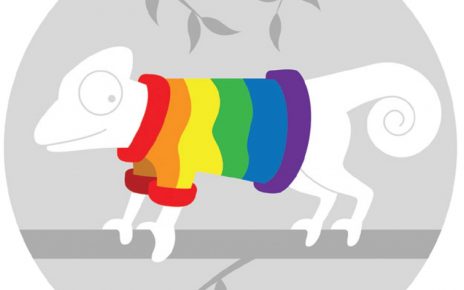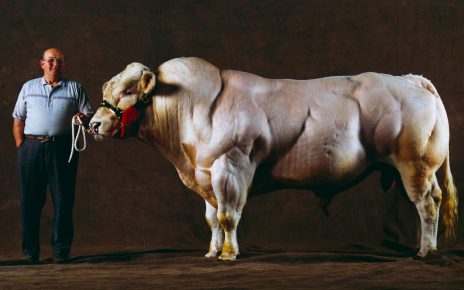This is Scientific American’s Science Talk, posted on May 29, 2020. I’m Steve Mirsky. On this episode:
SAPOLSKY CLIP
That’s Robert Sapolsky. He’s a professor of biology, neurology, and neurosurgery at Stanford University. He’s also a research associate at the National Museums of Kenya. In the lab he’s a neurobiologist who studies the effects of stress. In the field he’s a primatologist who looks at individual differences in stress, behavior, and health among wild baboons living in a national park. He’s the author of Why Zebras Don’t Get Ulcers and A Primate’s Memoir. And his most recent book is Behave: The Biology of Humans at Our Best and Worst.
I had seen him give talks in person and read his work, so I jumped at the chance to be in his company on a Scientific American lecture cruise last summer. We spoke aboard ship somewhere in the English Channel. Midway through our chat, we’ll take a six-minute break sponsored by the Kavli Prize about the most recent winners, announced May 27th. And now, Robert Sapolsky.
SAPOLSKY SEGMENT 1
We’ll be back with more from Robert Sapolsky after this.
KAVLI ANNOUNCEMENT
Now back to Robert Sapolsky.
SAPOLSKY SEGEMENT
By the way, Sapolsky called his book unreadable. Chapter 2 is a 60-page history and primer of neuroscience that can be a bit challenging. But the rest of the book is very readable. And thought-provoking. And fun.
That’s it for this episode, get your science news at our website, www.scientificamerican.com. Where all of our coronavirus coverage is out from behind the paywall, available free.
And follow us on Twitter, where you’ll get a tweet whenever a new item hits the website. Our twitter name is @sciam. For Scientific American’s Science Talk, I’m Steve Mirsky, thanks for clicking on us.




